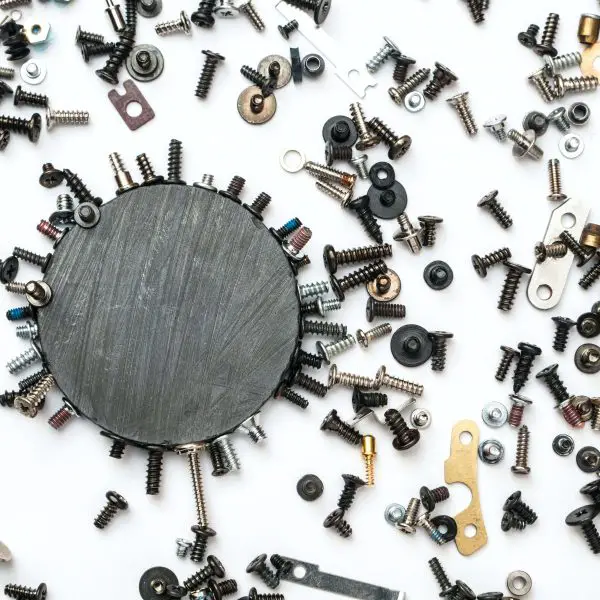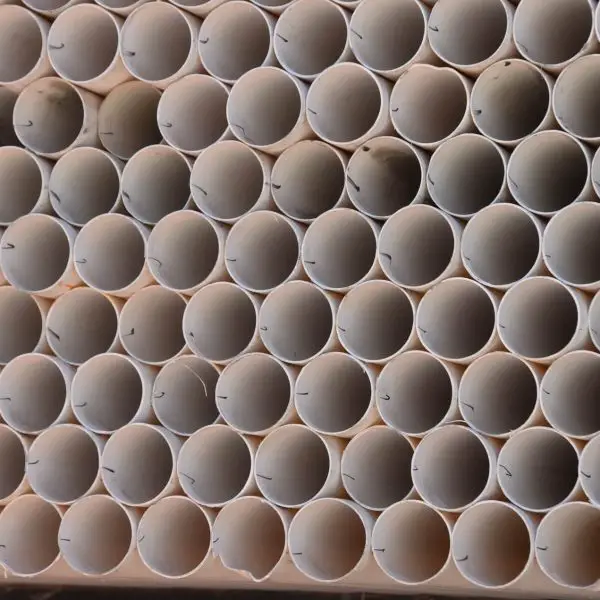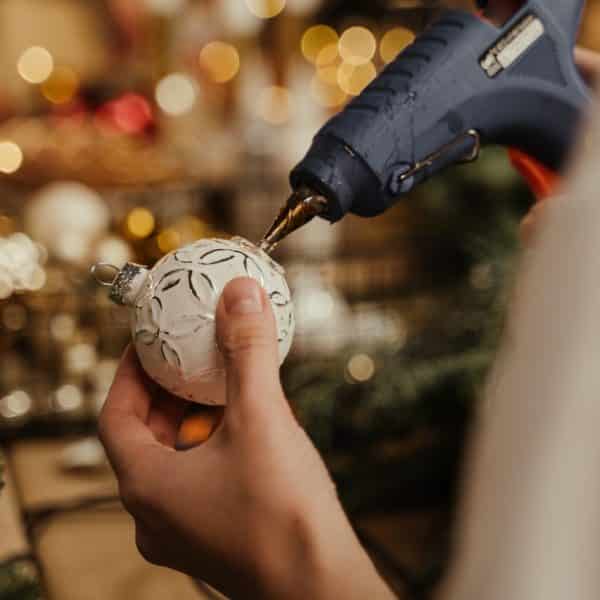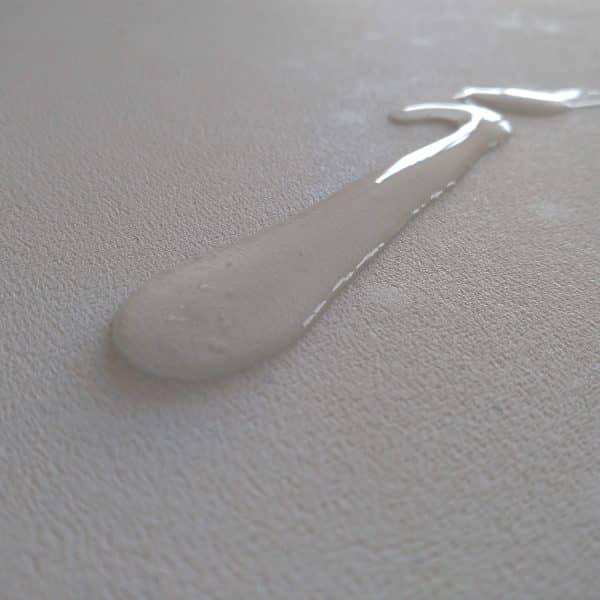Super glue is probably today’s most popular adhesive for its convenience, versatility, and easy application.
You can find it in almost any store around the world for a very modest price. Since the super glue is so cheap, you might be tempted to use it for all your repairs and projects.
It’s important to know exactly how strong super glue is and what can it be used for before starting to glue. This type of adhesive can’t be used for everything and has its limitations.
In this article, we will answer the question of how strong is super glue and what you should and shouldn’t glue with it.
How Strong Is Super Glue?
To understand the strength of the super glue, you first have to understand what kind of bond strength it provides.
Super glue is known to have massive tensile strength, and this is where it excels. On the other hand, super glue is notoriously weak in terms of shearing strength.
Let’s take a look at the experiment that Loctite did back in 2009. Loctite attempted and succeeded in lifting a 5-ton truck with only 9 drops of its regular super glue adhesive. The video footage of that experiment can be found here:
Most viewers were impressed with this experiment since only 9 drops of the glue were used, and the bond was able to withstand a pressure of more than 5 tons.
While this does sound impressive, it is the expected performance of a regular cyanoacrylate adhesive which has enormous tensile strength. This experiment just demonstrated and proved that super glues, in fact, do have a great tensile strength of their bonds.
The problem is that there were no experiments for the shearing strength of the cyanoacrylate bonds. This wasn’t performed since the super glue is known to have weak lateral pressure resistance, and therefore, weak shearing strength.
This is the reason super glue isn’t recommended for repairing items that require high structural strength. Super glue cannot resist lateral pressure and is known to crack and shear when exposed to that kind of pressure.
This experiment is similar to a tennis player with a great serve. You are glorifying its first serve speed, technique, and consistency. It can serve like no other player, but it lacks field play, movement, forehand, and backhand technique. It’s only good for a certain thing, but not for a tennis player as a whole.
That means that the super glue is great for most household fixes like a broken ceramic cup, headphones, or small crafting projects.
For mending items that receive serious pressure from different angles and directions super glue fails to hold its bond. For these applications, adhesives like epoxies or polyurethane glues do a phenomenal job.
What Makes Super Glue Strong
Now that we know what kind of strength super glue actually has, let’s find out why and how does it have so much tensile strength.
The main ingredient of super glue is ethyl2-cyanoacrylate. This cyanoacrylate ester sets when exposed to normal levels of moisture. When the environmental factors are perfect, and when the super glue is applied in thin layers, it is known to form a bond with incredible tensile strength.
The incredible strength in the case of super glue doesn’t come from the cyanoacrylate itself. The main reason why cyanoacrylate is used for super glue production is its super-fast polymerization when exposed to moisture. The tensile strength of CA alone is high but not as high to lift a 5-ton truck.
The tensile strength for which the super glues are known comes from the additives that manufacturers add to the adhesive. The additives are known to include rubber, but many other additive ingredients aren’t known.
These additives give extra tensile strength to this adhesive, making it able to withstand massive amounts of tensile stress, as demonstrated in the Loctite experiment.
Should I Use Super Glue Then?
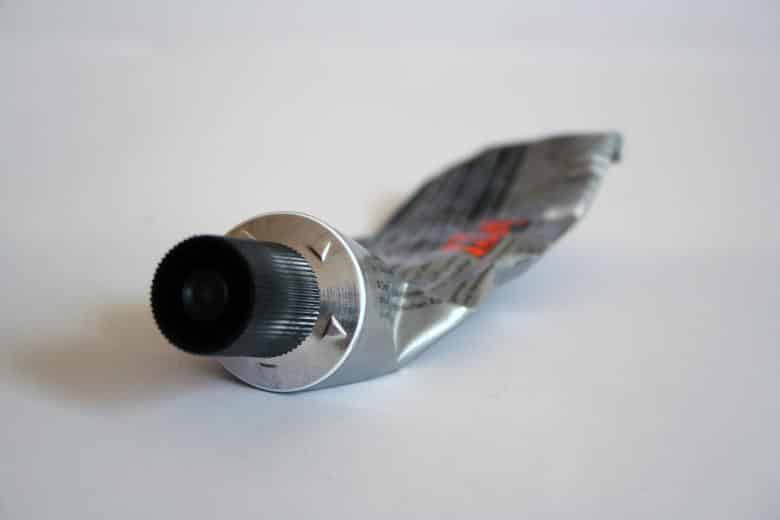
You should definitely use super glue since it’s suitable for so many different projects and applications. It’s just not as suitable for sensitive parts bonding where high structural strength is required.
Use super glue for crafts, small domestic repairs, and bonding plastic and balsa wood models, which is where super glue shines!
For bonds that require sturdiness and resistance from all angles, use epoxies. They are known to have extreme shearing and tensile strength. They are probably the strongest commercially available adhesives and are great for heavy-duty repairs and projects.
Frequently Asked Questions
How many pounds can super glue hold?
As we mentioned at the beginning of the article, if the stress is tensile, super glue can withstand extreme amounts of pressure. In the Loctite Guinness record-breaking experiment, only 9 drops of super glue held a 10.000 pounds truck.
What is the strongest type of glue?
The strongest adhesive commercially available is epoxy adhesive. It’s used in airplane and spaceship construction where the highest structural strength is needed.
Is cyanoacrylate super glue?
Super glue is, in fact, a commercial name for a cyanoacrylate adhesive. Instant glue or crazy glue are only really trade names for cyanoacrylate adhesive. Cyanoacrylates are the fast setting and strong bonding adhesives we see on the market as super glues.
Conclusion
Super glue is super strong, but only for certain applications. It lacks the shearing strength to be used for heavy-duty projects that require significant structural strength.
That doesn’t mean that the super glues shouldn’t be used for anything more than paper. They do a phenomenal job on plastic, for example, and there are no other adhesives that can bond it as strong as super glue.
Super glue is still the king of domestic repairs and small modeling projects. Its fast-drying properties make it an irreplaceable product.



